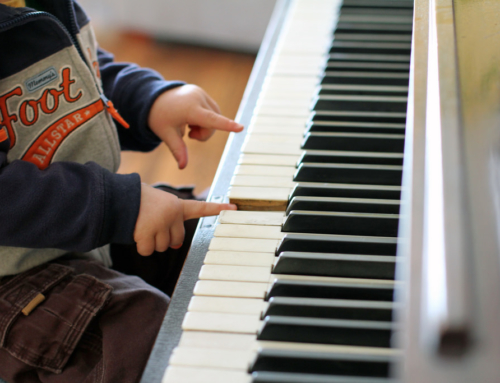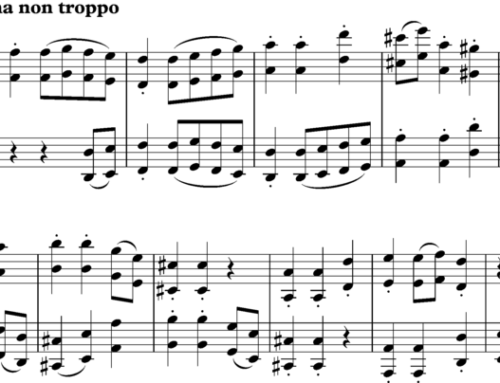There is no secret to mastering any skill but consistent practice. Looking at the definition of the word, to practice is to “perform (an activity) or exercise (a skill) repeatedly or regularly in order to acquire, improve or maintain proficiency in it”. When you practice, you do something over and over in order to get better at, to improve yourself at it. By practicing you can increase the speed and the quality of you doing things.
So what does practice do in our brains to make us better at things?
Our brains have two kinds of neural tissue called grey matter and white matter. The grey matter in the brain processes information and directs signals and sensory stimuli to nerve cells. White matter is relatively less complicated and is mostly made of fatty tissue and nerve fibers. In order for our bodies to move, information needs to travel from the brain’s grey matter, down the spinal cord, through a chain of nerve fibers called axons to our muscles.
The impact of practice on the inner workings of our brains is quite intricate and interesting. The axons that exist in the white matter are wrapped with a fatty substance called myelin, which is found to be the reason that we tend to get better at things with practice. Myelin is similar to the insulation of electric cords. It prevents energy loss from electrical signals that the brain uses, moving them more efficiently along neural pathways.
When you practice or repeat the same task over and over again, it increases the layers in the myelin cover that offers an insulating function for the axons. The more you practice, the more layers it will develop and faster the transition time will be. Eventually, it will form something similar to a superhighway for information connecting your brain to your muscles.
Many athletes and performers attribute their successes to a concept they call “muscle memory”. When you truly look into the scientific side of it, though, muscles themselves don’t really have memory. Rather it may be the myelination of neural pathways that give these athletes and performers their edge with faster and more efficient neural pathways. Musicians build and strengthen their neural pathways every time they practice their music.
Practicing is not only about the amount of time you put into it. It’s also the quality and effectiveness of that practice. Effective practice is consistent, intensely focused and targets content or weaknesses that lie at the edge of one’s current abilities.
So if the effective practice is the key, how can we get the most out of our practice time?
Following are some of the tips you can follow to have a great practice session in anything that you want to master.
Always focus on the task at hand
Remove distractions such as mobile phones and television.
Start out slowly or in slow motion
Coordination is built with repetitions whether correct or incorrect. If you gradually increase the speed of the quality repetitions, you have a better chance of doing them correctly.
Consistent practice with allotted breaks.
Studies have shown that many top athletes, musicians, and dancers spend 50-60 hours per week on activities related to their craft.
Practice in your brain in vivid detail.
It’s a bit surprising but a number of studies suggest that once a physical motion has been established, it can be reinforced just by imagining it.
Effective practice is the only way we have of pushing our individual limits, achieving new heights, and maximizing our potential. So if you don’t have anything to practice, sign up for some piano music lessons and start working on being a master at something.






